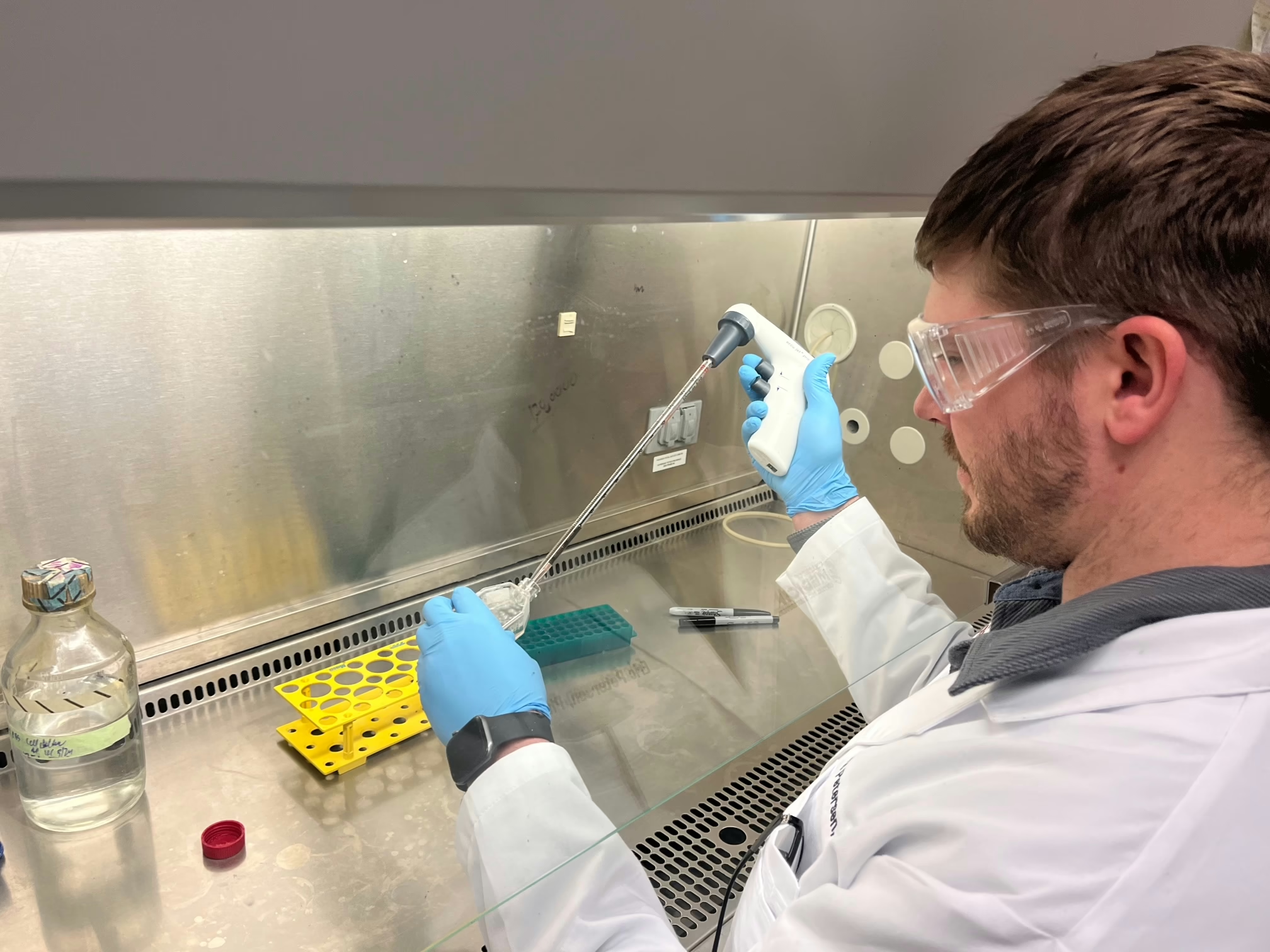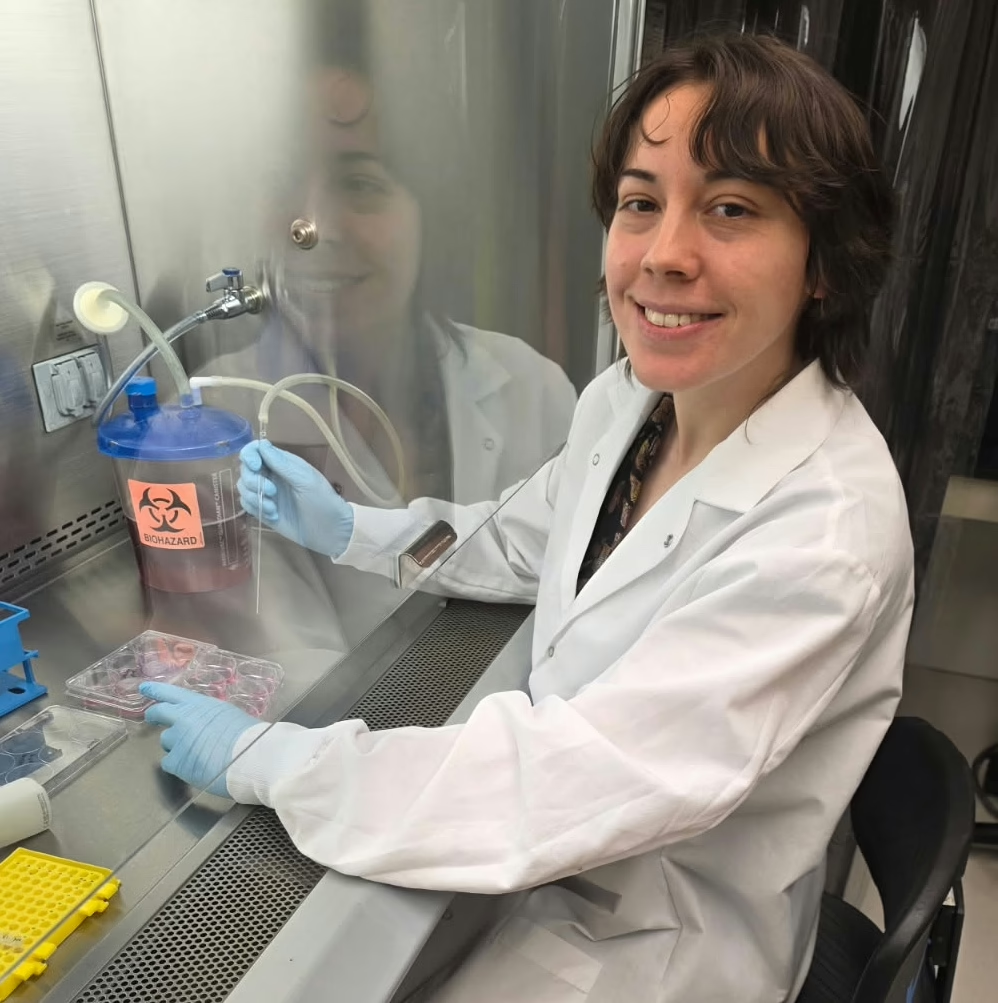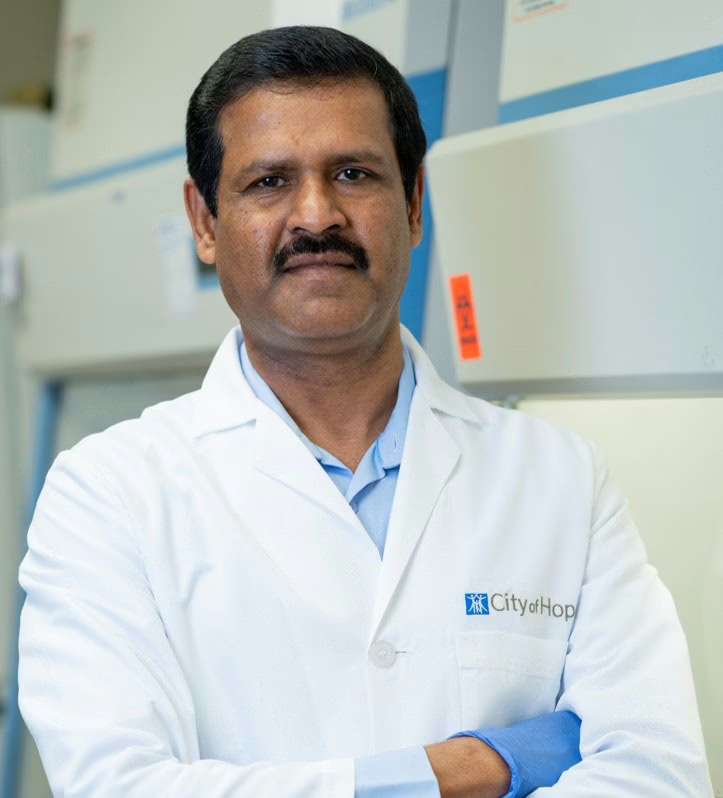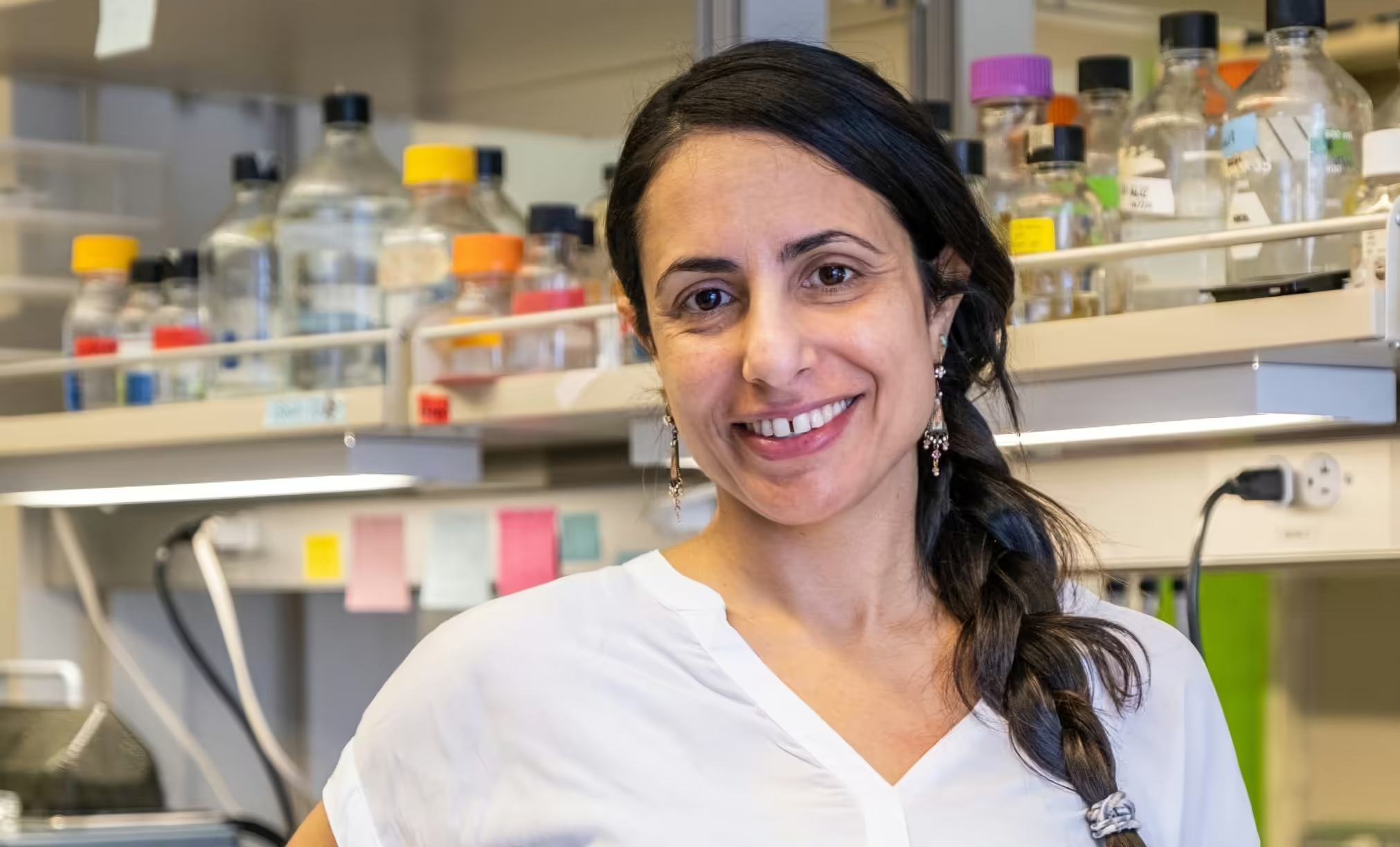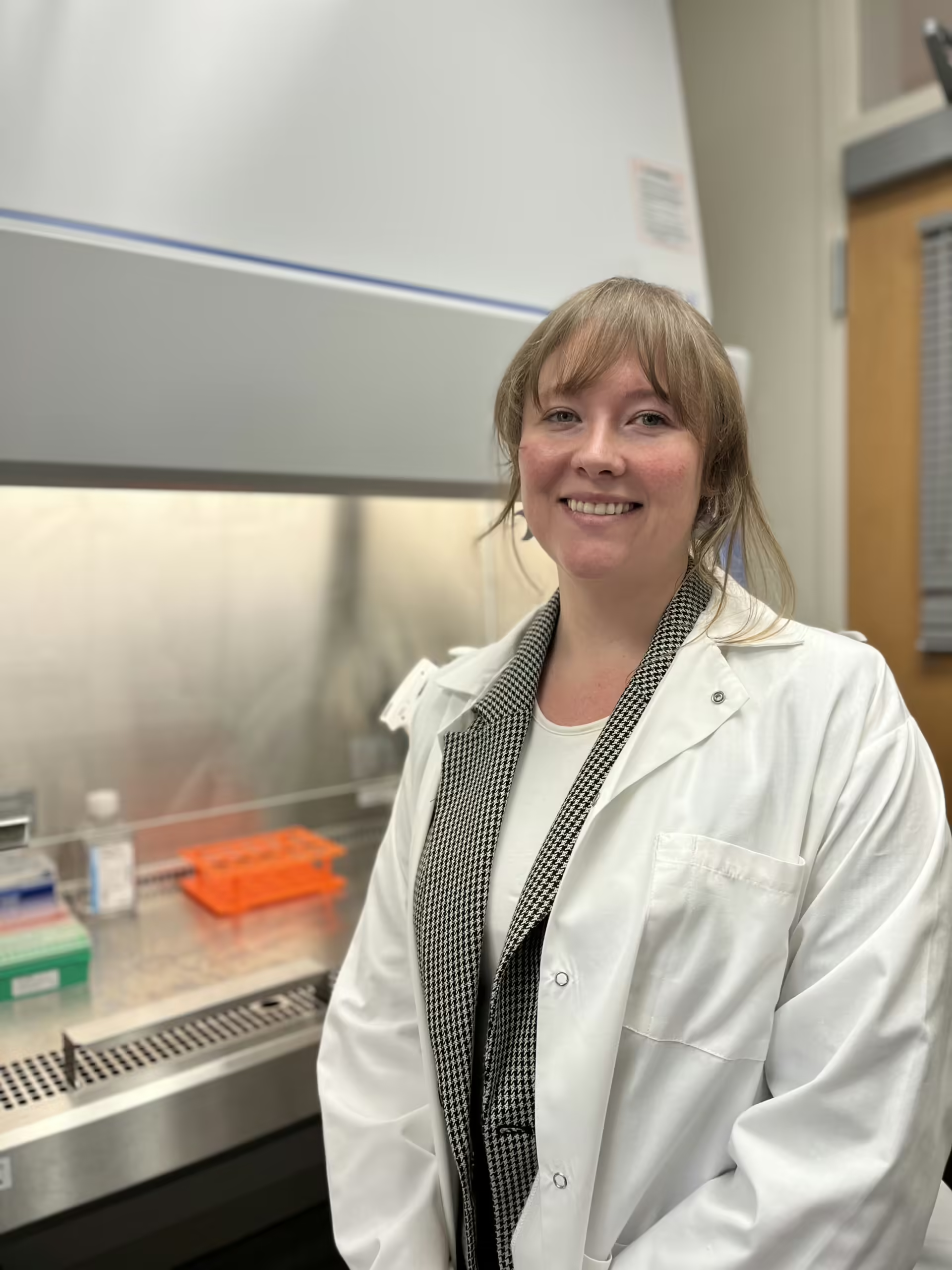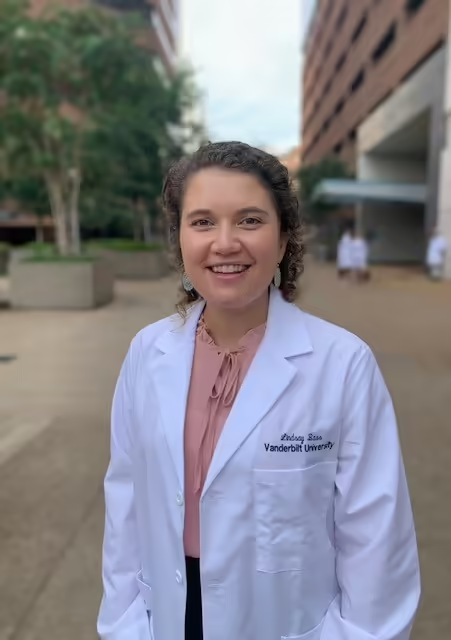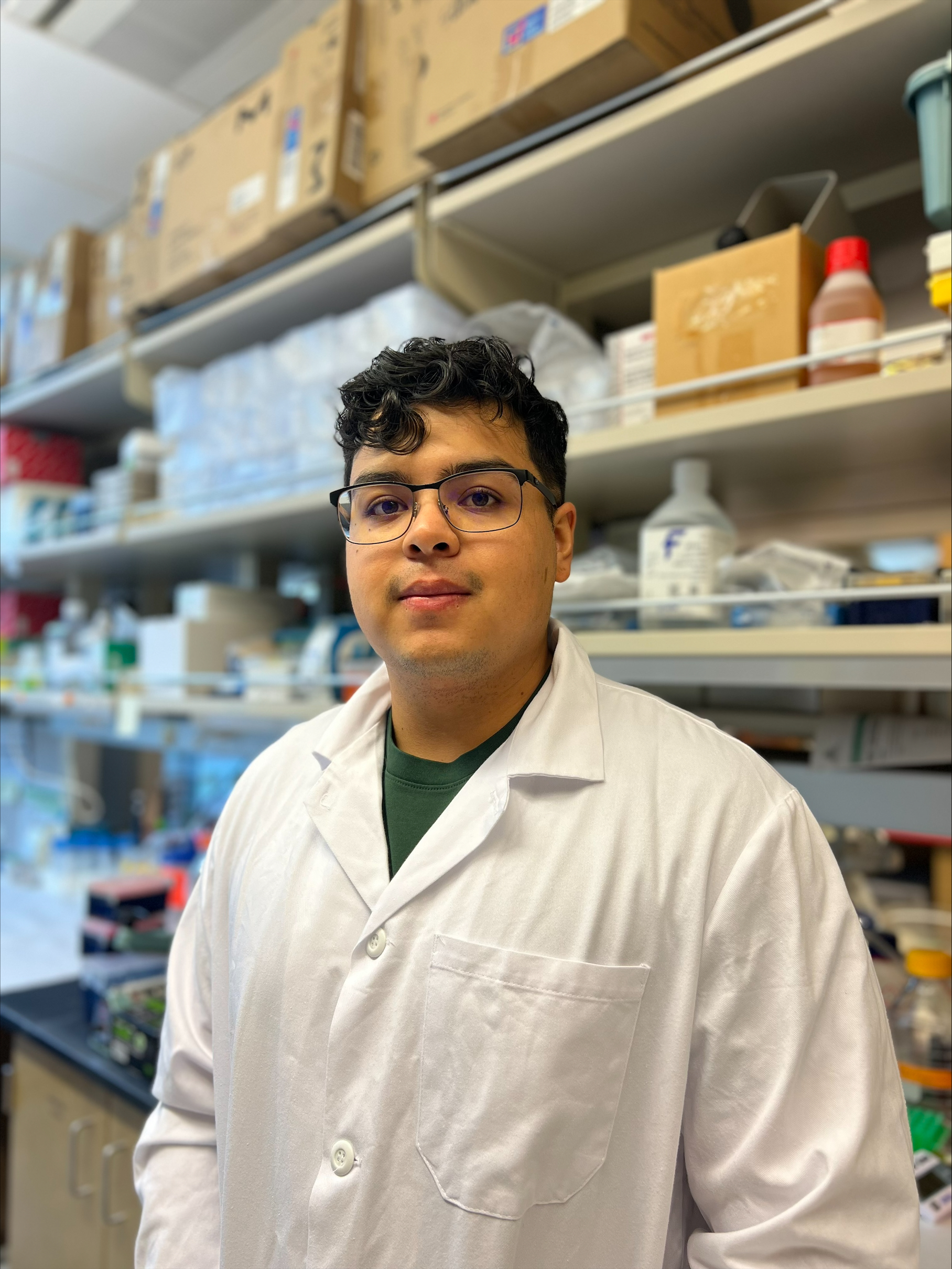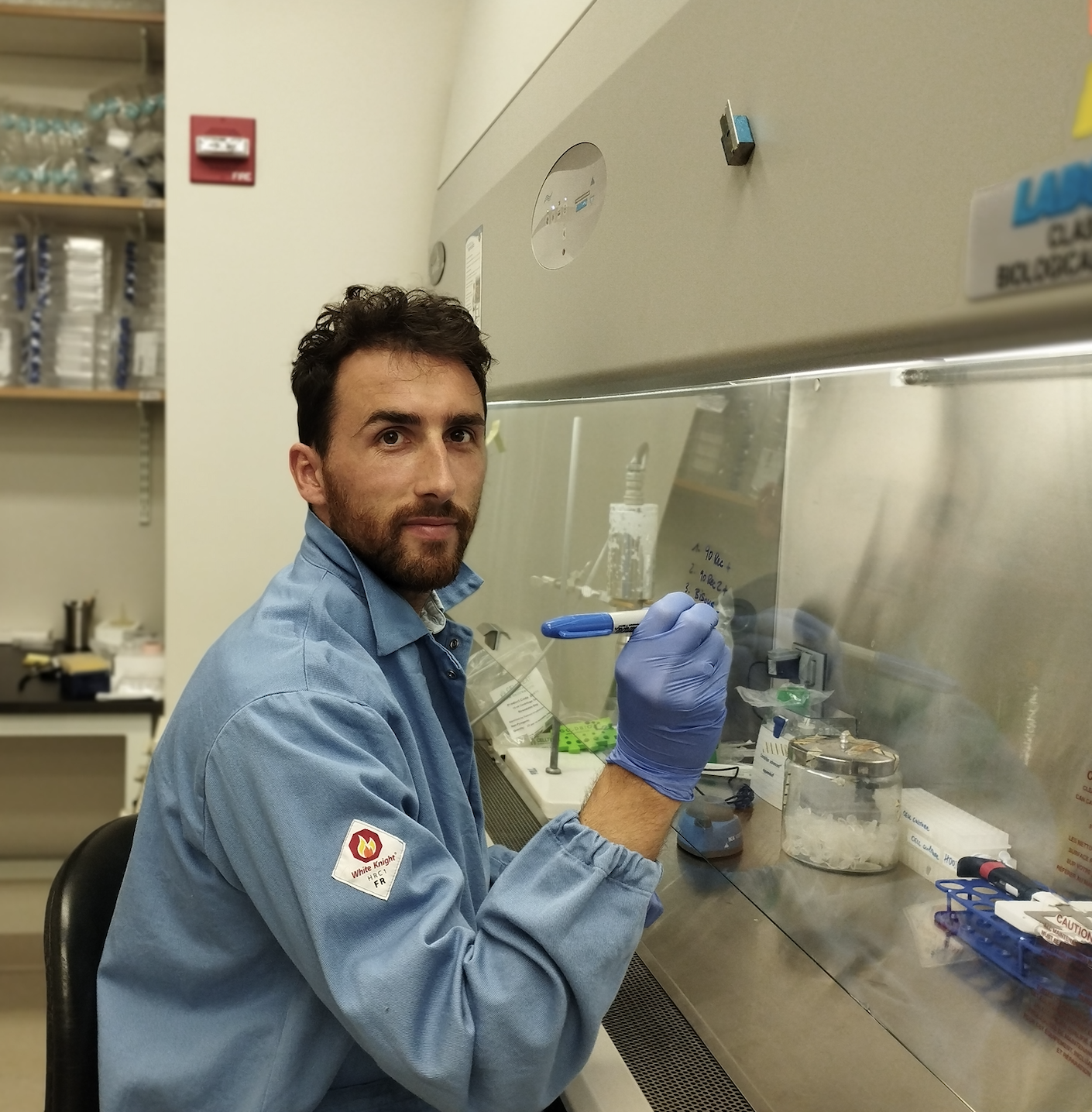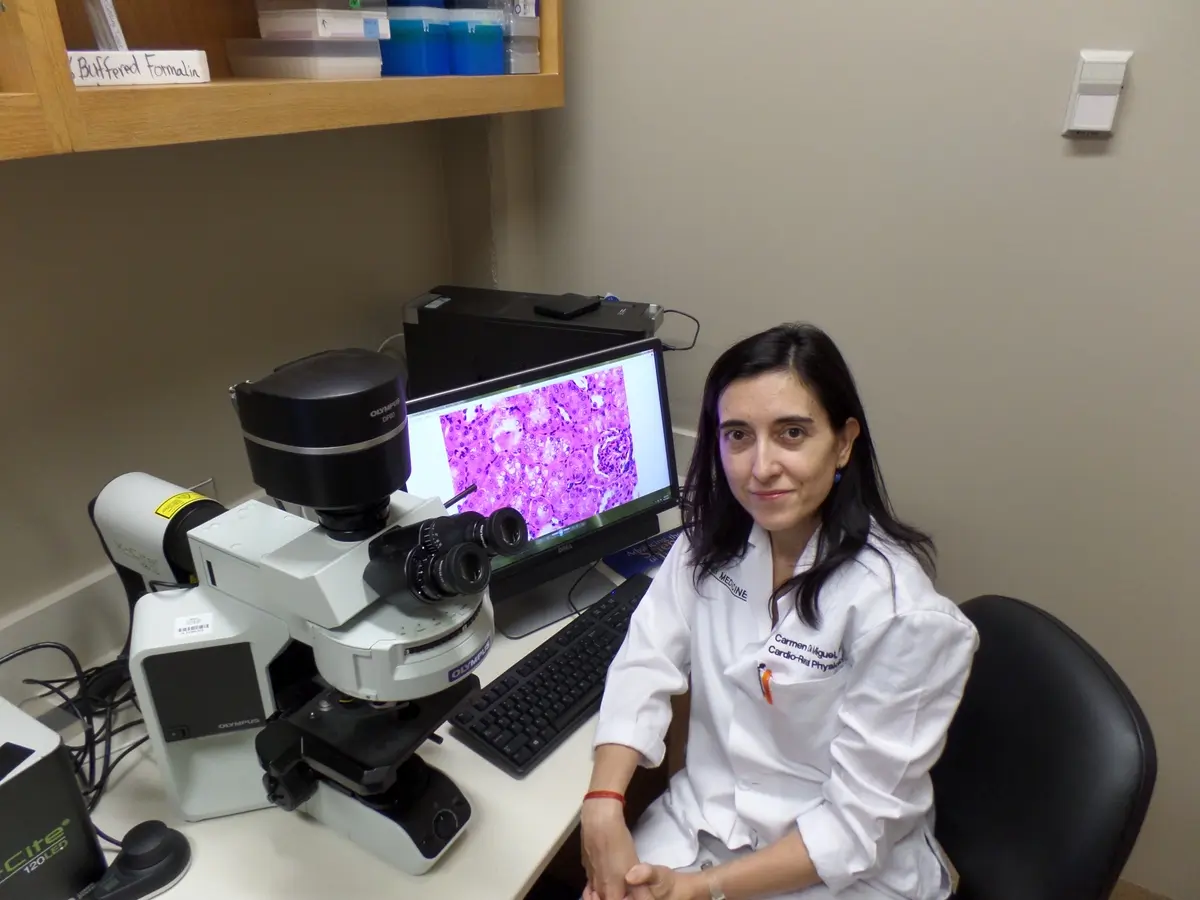Project Researcher: Agata Jurcyzk, Ph.D. – Univ. of Mass. Medical School
PROJECT DESCRIPTION
Recent studies show that patients with diabetes have a much higher likelihood of depression than the general population, and young people with type 1 diabetes (T1D) had 11 times the suicide rate. Our goal is to identify genetic signatures in white blood cells that distinguish non-progressor T1D patients and T1D patients that do progress to psychiatric illness.
PROJECT DETAILS
Neurons in the brain and beta cells in the pancreas share many common features including 1) stimulation-induced secretion of neuropeptides or insulin, respectively, and 2) they express many of the same genes and proteins. For example, we showed that a gene called “DISC1,” which when mutated is believed to play a role in mental health disorders (such as schizophrenia, bipolar disorder and some forms of depression), also influences the function of pancreatic beta cells. The beta cells are important as they are the only cells in the body which produce insulin to maintain normal blood glucose levels. We have also found that several neuronal proteins that are known to be important for brain function show abnormal expression in beta cells from T1D compared to non-diabetic donors. Even though it has been well recognized that abnormal expression or autoantibodies to proteins such as GAD and IA2 are separately associated with risk of T1D OR mental disorders, there are no studies looking for the signature of these genes as a predictor of co-occurrence of mental disorders AND T1D. We are proposing to conduct an unbiased search for changes in gene expression that are shared between psychiatric disorders and T1D. Through these studies we hope to discover genetic biomarkers that identify T1D patients with susceptibility to mental disorders, and vice versa, so that appropriate preventative measures can be taken. Our hope is to find a genetic association linking T1D and psychiatric disorders which will uncover mechanisms to improve therapies, even preventative ones, to alleviate suffering caused by both illnesses which are very common and extraordinarily costly—both in relation to healthcare, but also in regards to individual quality of life.
UMass Medical Center has an extensive Biorepository of blood samples and serum from thousands of patients including T1D patients with different mental disorders and healthy controls. We propose to use these blood samples to identify biomarkers between mental disorders and T1D. This project would allow us to determine whether 1) well known neuronal and beta cell genes such as DISC1, GAD, and IA2 can serve as biomarkers for T1D and psychotic disorders, and 2) we may potentially identify novel molecules and/or pathways important in these disorders. Moreover, these experiments will give us insight into how dysregulation of the same genes expressed in multiple tissues may underlie apparently different diseases.
Identify Biomarkers for Susceptibility to Both Type 1 Diabetes and Mental Disorders Slideshare
ABOUT ME
I earned my undergraduate degree from a small, Catholic, all women’s college, Our Lady of the Elms in Massachusetts. This is where my fascination with science really took off. I had a triple major in biology, chemistry and computer science, so I finished with not only a strong scientific background, but also a solid research foundation. My research was focused on understanding how a hormone that regulates the daily sleep/wake cycle also helps control the metamorphosis of tadpoles into frogs.
I continued my research education by enrolling in a Master’s degree program at Smith College in Massachusetts to study genetically ‘programmed’ cell death (apoptosis) in daylilies. During my two years at Smith College I worked collaboratively to identify genes responsible for this ‘preset’ aging and death of daylilies, which served as a useful model for understanding the process of apoptosis that also occurs in animals and humans.
After graduating from Smith, I wanted to pursue my education in research—but with a stronger focus on medical research—so I entered graduate school to study biomedical sciences. I attained my Ph.D.at the University of Massachusetts Medical School, where I studied mechanisms of how cells grow and multiply (proliferate). This work served as an important foundation for my subsequent diabetes research, as increasing the numbers of pancreatic beta-cells (that make insulin) is an important goal in curing diabetes.
While looking for the next step in my career after getting my Ph.D. degree, I heard Dr. Aldo Rossini give a seminar about his laboratory’s research effort to find a cure for diabetes. Having a strong background and interest in cell proliferation, I decided to join his laboratory to learn more about beta-cells and diabetes, which is a major medical problem worldwide. In addition I had acquired sophisticated microscopy expertise in my Ph.D. training, and imaging pancreatic islets was an ongoing challenge in the field.
My end goal with my diabetes research is to discover biomarkers in patients that identify susceptibility to both type 1 diabetes and mental disorders so that appropriate preventative measures can be taken in order to change the life of one suicidal type 1 diabetes patient. I am a strong, passionate woman who has never backed down when faced with a challenge, and I will work with you to make a difference.


